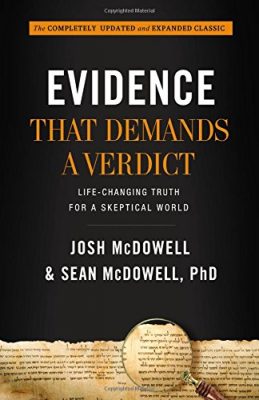(#AmazonAdLink) 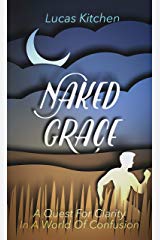 I interviewed Lucas Kitchen today about his book (#AmazonAdLink) Naked Grace. In this book, he tells the story of how he discovered the truth about grace, and why it is so important for you and I to learn these truths as well. If you have questions about eternal life, the message of the gospel, what it means to follow Jesus as a disciple, or how grace helps us defeat sin in our lives, listen to this interview.
I interviewed Lucas Kitchen today about his book (#AmazonAdLink) Naked Grace. In this book, he tells the story of how he discovered the truth about grace, and why it is so important for you and I to learn these truths as well. If you have questions about eternal life, the message of the gospel, what it means to follow Jesus as a disciple, or how grace helps us defeat sin in our lives, listen to this interview.
Also, make sure you get a copy of Lucas’ new book, (#AmazonAdLink) Naked Grace. And while you’re at it, get his other books on gospel-related issues, such as:
- (#AmazonAdLink) Salvation and Discipleship: Is There a Difference?
- (#AmazonAdLink) Eternal Rewards: It Will Pay to Obey
- (#AmazonAdLink) Eternal Life: Believe to be Alive
- (#AmazonAdLink) Thomas: Hero of the Faith
 In this interview with Lucas Kitchen, we discuss questions like this:
In this interview with Lucas Kitchen, we discuss questions like this:
- When did you first come to start asking questions of eternal significance?
- How did you first come to understand the truth about Grace?
- How does a proper understanding of how to receive eternal life help you in life and ministry?
- Is free grace a license to sin, or does it actually help us get rid of sin?
As you listen to this podcast, you will discover that there are many similarities between your own story and that of Lucas. Make sure you listen to the end where he tells you how to reach out to him and find more answers to your questions.
Also, go visit his websites to connect with Lucas:





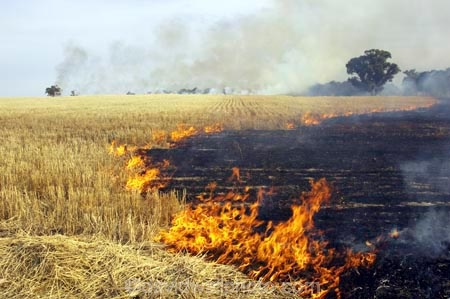 Isaiah uses terms of conception and childbirth to speak of the works that these sinners produce. It is not their lives that are chaff, stubble, and thorns, but what they produce with their lives.
Isaiah uses terms of conception and childbirth to speak of the works that these sinners produce. It is not their lives that are chaff, stubble, and thorns, but what they produce with their lives.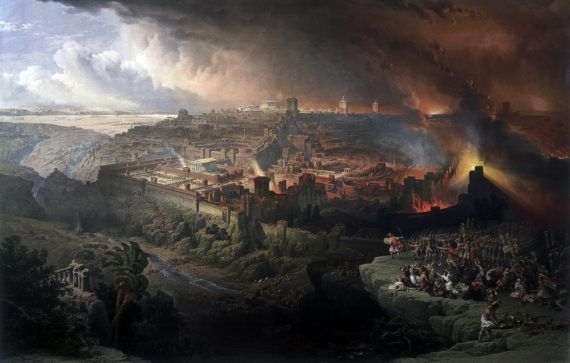
 We see evidence of this in the fact that Isaiah calls them “hypocrites.” A hypocrite is someone who acts in ways that are contrary to their stated identity. As such, anybody can be a hypocrite. Jesus often called some of His followers hypocrites (Matt 15:7; Luke 13:15), and Paul once referred to Peter and Barnabas as hypocrites (Gal 2:11-13).
We see evidence of this in the fact that Isaiah calls them “hypocrites.” A hypocrite is someone who acts in ways that are contrary to their stated identity. As such, anybody can be a hypocrite. Jesus often called some of His followers hypocrites (Matt 15:7; Luke 13:15), and Paul once referred to Peter and Barnabas as hypocrites (Gal 2:11-13). When we sin, we hurt others and we hurt ourselves. And since God loves all of us, He does not want to see us get hurt, which is why He warns us about sin. Yet we often sin anyway, and so destruction comes.
When we sin, we hurt others and we hurt ourselves. And since God loves all of us, He does not want to see us get hurt, which is why He warns us about sin. Yet we often sin anyway, and so destruction comes.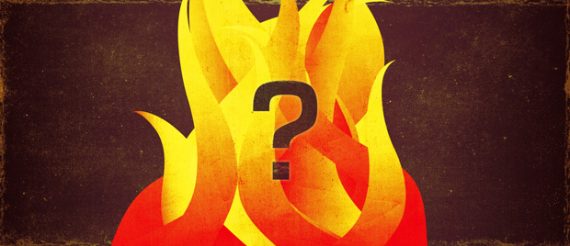
 When lime is burned in a fire or thorns are put to flame, nothing is left but a fine, white powder which blows away with the first puff of wind.
When lime is burned in a fire or thorns are put to flame, nothing is left but a fine, white powder which blows away with the first puff of wind.
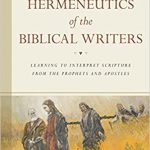
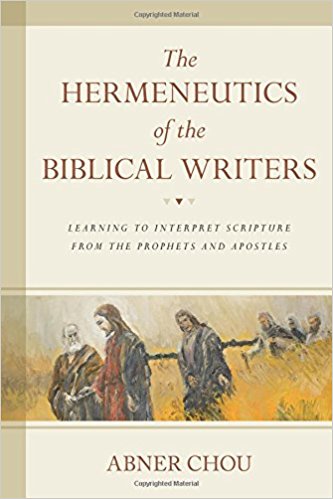
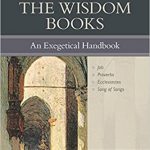
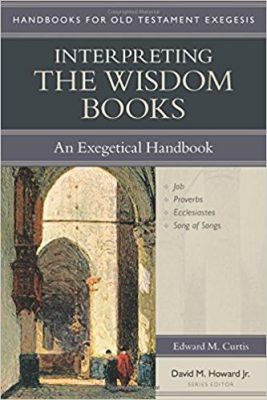

 I am currently writing a book about faith, and in it, I briefly address the idea of blind faith, or taking a leap of faith. I show that faith doesn’t actually allow for blind leaps, but instead, our beliefs change as we are persuaded and convinced by the evidence presented to us.
I am currently writing a book about faith, and in it, I briefly address the idea of blind faith, or taking a leap of faith. I show that faith doesn’t actually allow for blind leaps, but instead, our beliefs change as we are persuaded and convinced by the evidence presented to us.